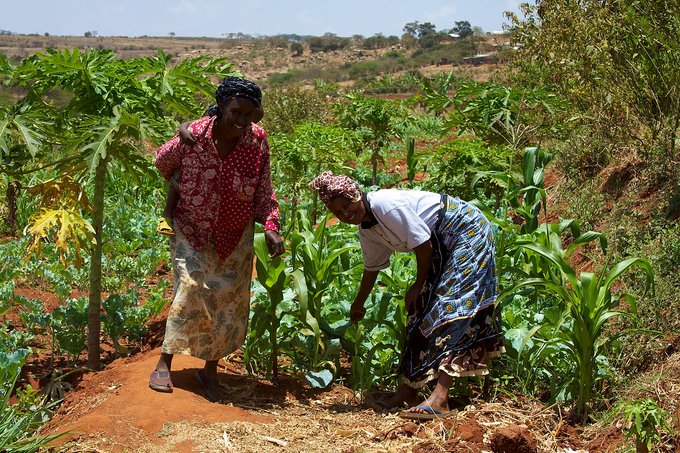|
Getting your Trinity Audio player ready...
|
Empowering Smallholders through Market Approaches
The lack of agricultural biodiversity in farming systems threatens nutritional security for nearly 3 billion people in India and Africa or roughly 40 percent of the global population.
Around 600 million smallholder farmers (with a bulk in India and Africa), who are working on less than two hectares of land and producing around 35 percent of the world’s food, are key to maintaining biodiversity and ensuring food and nutrition security for their local as well as national populations.
However, facing the pressures of the homogenizing effects of globalization, their “economic viability and contribution to diversified landscape” is threatened. It also explains why millions of smallholder households in India and Africa are struggling to stay afloat.
Regenerative agriculture, which is based on principles of agrobiodiversity, is an emerging pathway to address the challenge of food and nutrition security as well as support smallholders to improve their farm productivity and income. Its focus on improving soil health and on-farm diversity, reducing greenhouse gas emissions, and sequestering carbon dioxide while building climate resilience among smallholders also appreciates its role in climate change mitigation.
The key aim of the discussion is to engage policymakers, researchers, and civil society organizations working with smallholders in India and Africa on regenerative agriculture — to secure local food systems, improve biodiversity, and ensure access to quality and nutritious food in rural communities.
Source: ORF






